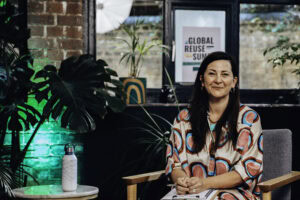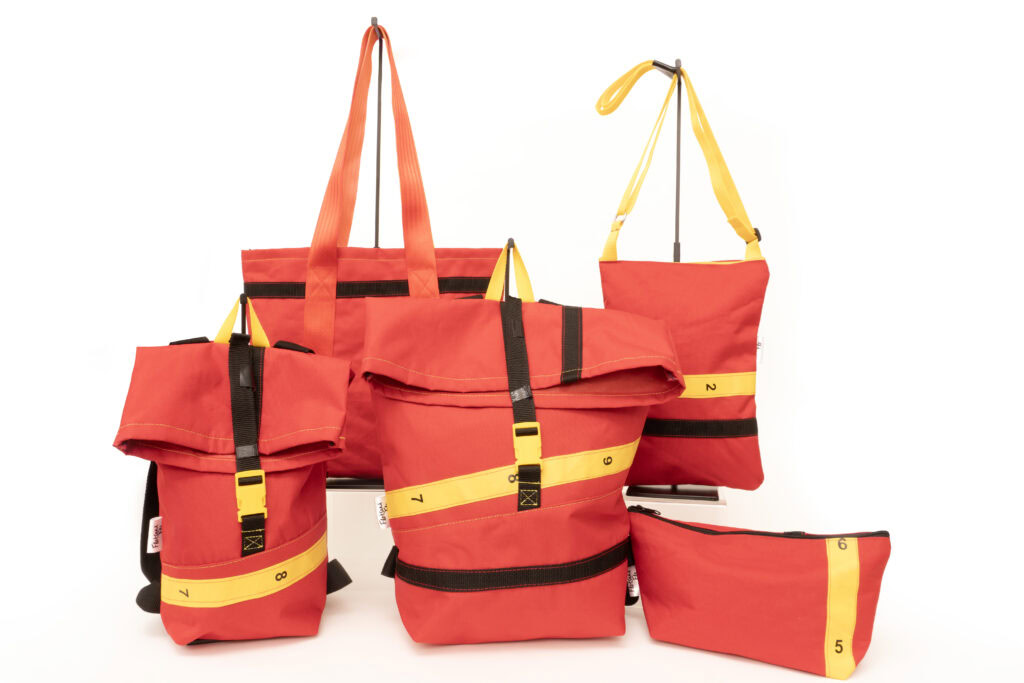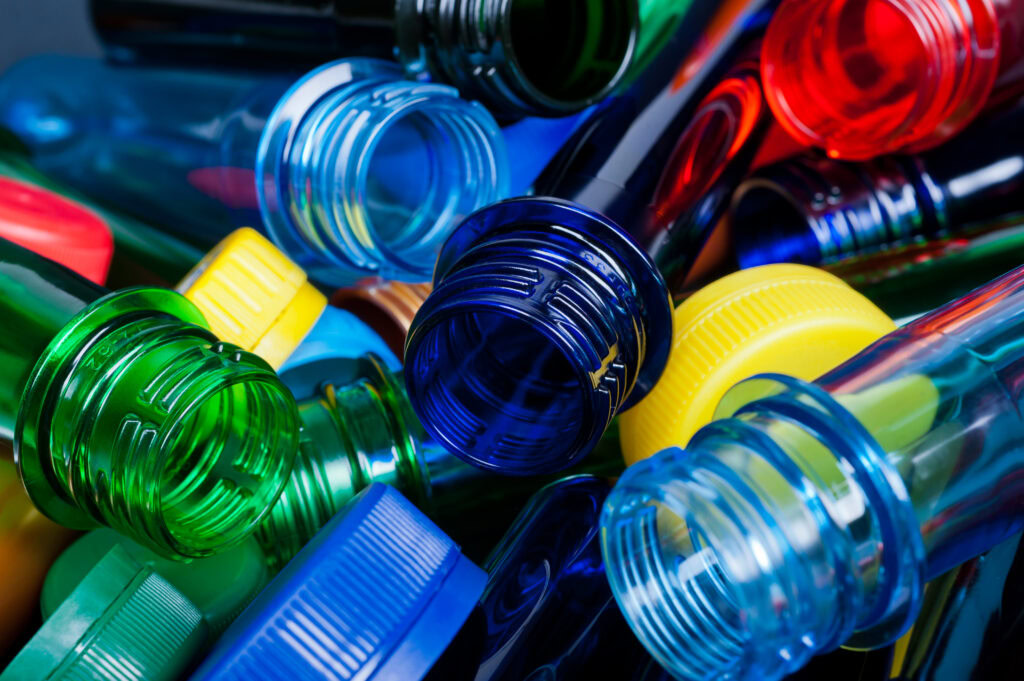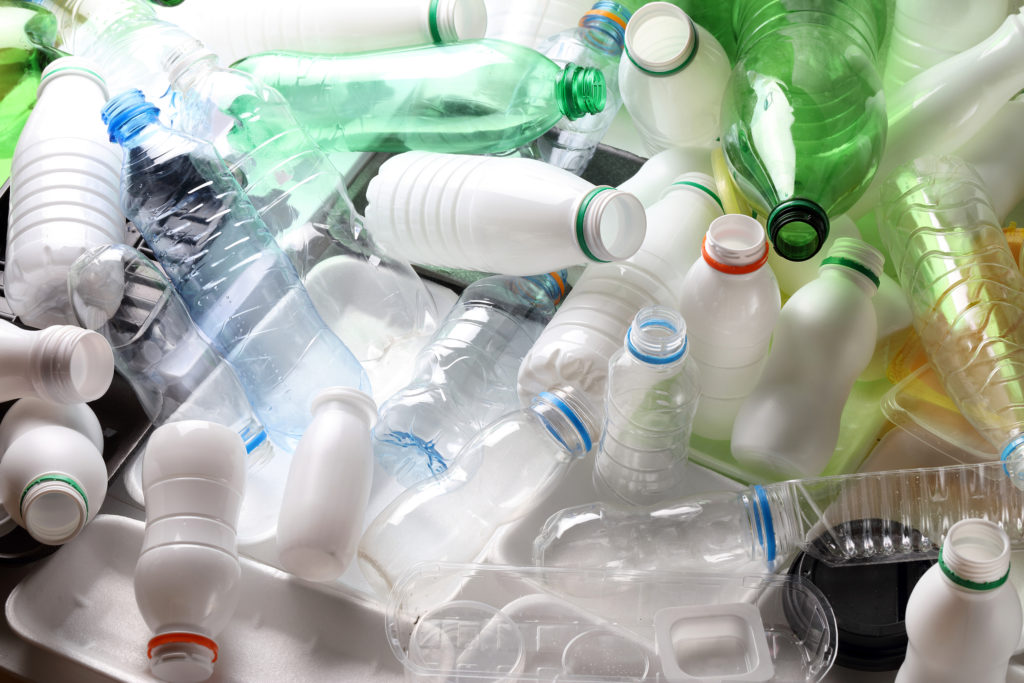The investigation has led to calls for Sainsbury’s and Tesco to publicly support the Global Plastics Treaty and end claims around the recyclability of soft plastics.
Everyday Plastic put 40 Apple AirTag trackers into bundles of soft plastics and placed them in the collection points at Sainsbury’s and Tesco stores across England. It found that none of the trackers were “closed loop recycled”.
Helen Bird, head of materials systems transformation at WRAP, defended the soft plastics recycling schemes in supermarkets.
She said: “For something to be ‘recyclable’, it must be designed for recycling as well as collected, processed and remanufactured at scale. Ahead of ‘soft’ plastic recycling directly from our homes – due before 2028, supermarkets stepped up to provide collection points to fill this gap.
“While not perfect, these have acted as an important catalyst for crucial investment in UK recycling infrastructure and end markets and instilled new habits in people to separate bags and wrapping for recycling. Much of this material is being recycled into products such as refuse sacks and street furniture, as well as new packaging including Heinz beans ‘snap pots’, Cadbury Dairy Milk, Kingsmill 50/50 and Nestle’s Kit Kat.
“But it’s a complex situation. Too much packaging is made from different types of plastics that are difficult to recycle and the end market is not stable. More transparency is needed to provide confidence to people of what’s happening to the collected materials. But there is one thing for certain: if it doesn’t get placed in the recycling, it will not get recycled.”
Steve Morgan, head of policy and infrastructure at plastics resource efficiency and recycling organisation, RECOUP, said that ultimately consumers should continue recycling their soft plastics.
He said: “We are at the beginning of a process to recycle ‘soft’ plastics, we are learning, and infrastructure is starting to be put in place, with some exciting developments happening in this space. Supermarkets have led the way to provide collections points for this material and I’ve seen ‘front of store’ material at many UK recyclers.
“The end game for soft plastics is replacement of virgin material in new plastic packaging. However, in these early stages, some material will inevitably go to energy recovery in the short term as markets are explored and developed, and material design and quality are improved, but in this process it is crucial that it is kept out of the environment and only exported to a confirmed recycler.”
“Recycling materials are part of global markets and there might always be stories about the end destination of the materials depending on the quality of the material recycled by the consumer, but with export restrictions, increased auditing and digital waste tracking the picture will improve over time. However, we do call on the government to provide support and incentives so the material can be recycled at scale in the UK as collection levels increase.”
The British Plastics Federation (BPF) echoed Morgan: “Using plastic waste to create energy is not the optimal way of dealing with this material. We’d much rather see material kept in functional use for as long as possible. We ask people to remember that putting their used plastic in the appropriate recycling bin, wherever possible, is still the right thing to do to help increase recycling.
“Although ‘closed-loop’ recycling is the most desirable route, it is not feasible in all applications, sometimes due to regulations. Recycling plastic into other products still has great benefits in terms of saving energy and reducing the use of virgin material. It is also worth remembering that flexible (soft) plastic packaging is extremely light and resource efficient, and is excellent for keeping down emissions when transporting food and increasing the shelf life of the products inside.
“This report shows there is a clear need to increase the UK’s recycling capacity — for all plastic. We would like to see the government investing funds raised from the Plastic Packaging Tax in achieving this, and urgently taking the steps we have repeatedly outlined to encourage the growth of the UK’s ‘advanced recycling’ infrastructure, so that far more of these ‘soft’ plastics (like plastic bags and plastic films) can be recycled here too.”
Others in the industry labelled the findings of the report “unsurprising”.
CEO of City to Sea Jane Martin said: “We know that current waste management systems cannot manage the amount of soft plastic used, especially as it’s almost impossible to recycle.
“The answer to retailers is clear: invest in packaging that lasts. There are numerous reusable packaging success stories across the country, with M&S announcing the expansion of its reuse scheme in partnership with Reposit to 25 stores and engaging over 10,000 shoppers. Instead of breaking consumer trust and burning plastic, retailers can clear the shelves of plastic with packaging that doesn’t need to end up in the bin.”
Sian Sutherland, co-founder of A Plastic Planet and the Plastic Health Council, added: “I am not surprised, nor am I shocked by the ‘revelation’ that plastic is burned after years of such practice being evident. Whether the plastic we use is put in a recycling bin or it is set alight on the spot, the impact the material will have on the planet and people will be inevitably be negative. The myth of recycling is starting to unravel, we have seen behind the curtain too many times for it to be a credible solution to stop the plastic crisis.
“Production limits on plastic, bans on the vast array of single use items, safe testing of chemicals included in any products or packaging and using systems of refill or natural plastic alternatives. These are the measures that must be introduced globally to ensure we see an end to this crisis. I hope we see such in the final draft of the UN Plastic Treaty in November.”










Subscribe for free